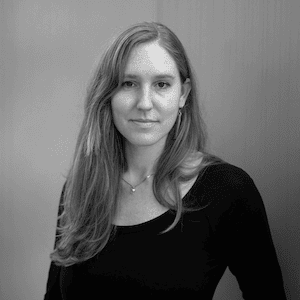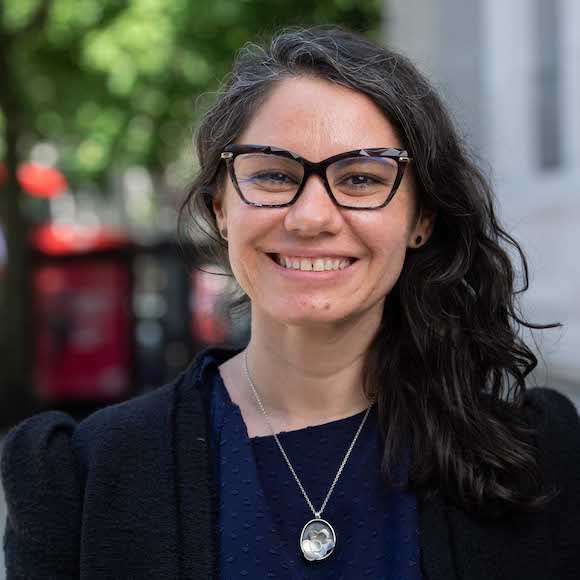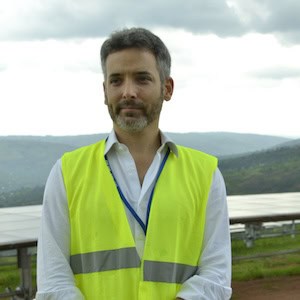-
How Young People are Driving Africa’s Digital Future: A Recent Report Highlights the Impacts of Technology — And the Need for Greater Support
With over 400 million people between the ages of 15 and 35, Africa has the world’s youngest population — and by 2050, this youth population is projected to increase by 73%. As Grace Natabaalo and Chelsea Horváth at Caribou Digital explain, young Africans are leveraging digital platforms to find work, education and more — but they face numerous challenges in accessing and using technology. They share highlights from a new report based on discussions with 20 young people from seven countries across Africa, which show the impact of digital technology — and how this impact could be amplified.
- Categories
- Education, Technology
-
The Pros and Cons of a Family-Like Culture in Social Enterprise: How to Build an Organizational Culture That Doesn’t Compromise Your Mission
In the world of social entrepreneurship, the line between work and family often blurs. Many social enterprises count actual family members among their staff or leadership, and many others pride themselves on their family-like cultures. But Andreana Drencheva at King’s College London argues that this close-knit organizational culture can also have downsides. She shares research that highlights the benefits and costs of family-like cultures in social enterprises, and presents strategies that can help entrepreneurs maximize the advantages while minimizing the risks.
- Categories
- Social Enterprise
-
Why Americans Struggle to Share Power — And How Western Social Entrepreneurs Should Change Their Approach to Empowerment in the Global South
Who has the power in impact-focused enterprise? Many believe that this question lies at the heart of social enterprises' work, and that localizing power should be a core goal of the sector. But as Andrea Nelson Trice explains, this approach remains discouragingly rare among Western businesses and investors in emerging markets. She explores why it's so difficult for Westerners — and particularly Americans — to empower others, and shares solutions based on interviews and case studies with 90 American and Global South leaders working in the development space.
- Categories
- Social Enterprise
-
Design as a Catalyst for Impact: How a First-of-its-Kind Design Policy in Kerala Could Foster a New Approach to Public-Private Partnerships in India
The Indian state of Kerala recently approved a State Design Policy — the first of its kind in the country. As Manoshij Banerjee and Mohammed Shahid Abdulla explain, design policies aim to increase citizens' quality of life by providing guidance to help optimize the design of everything from infrastructure to government policy. They share examples of strategic design choices that have made a major impact on businesses, governments and the communities they serve, and explore how Kerala’s design policy could lead to new opportunities for public-private partnerships in India.
- Categories
- Technology, Transportation
-
Why Private Businesses — Not Non-Profits and NGOs — Present the Only Scalable Solution for Last-Mile Electrification in Africa
In the pursuit of last-mile electrification in Africa, both businesses and NGOs/non-profits are pursuing different pathways to scale. In a recent NextBillion article, Aneri Pradhan at New Energy Nexus argued that market-led approaches are ill-suited for remote communities, and that philanthropy should focus more on scalable non-profit models. But according to Yariv Cohen at Ignite Power, when it comes to serving these communities at scale, businesses offer advantages that non-profits and NGOs cannot match. He explores why the private sector’s role is critical for addressing energy poverty across Africa.
- Categories
- Energy, Technology
-
Scalable Mini-Grid Design Requires Expandable Systems: Why Modular Technology and Finance are Key to the Sector’s Growth and Sustainability
Mini-grids offer a proven, low-cost solution to bring energy access to hard-to-reach communities. But as Nathan Sermonis and Liam Murphy at Vittoria Technology argue, mini-grid projects need to start small and grow alongside customer demand for optimal sustainability. They explore why smart mini-grid design requires expandable, right-sized systems with “modular” finance and technology, and discuss how recent innovations in batteries and other solar technologies can enable this change in the sector’s approach to system design.
- Categories
- Energy, Technology
-
Founders vs. Funders: How the Two Sides of the Investing Relationship Can Foster More Effective Collaboration to Maximise Impact at Scale
Funders in the social impact space and founders of social ventures depend on one another to drive positive change at scale, so their relationship must be built on trust and alignment. But as Fan Gu at 100x Impact Accelerator explains, these partnerships are often marred by complex dynamics that threaten their success. She shares some of the key ingredients to effective partnerships between these two crucial players in the social impact sector, based on insights from 100x's community of funders, entrepreneurs and non-profits.
- Categories
- Investing, Social Enterprise
-
All AI Work is Not Created Equal: Building an Ecosystem That Supports Not Just Jobs, But Employment in East Africa
With the global artificial intelligence market expected to grow to almost $830 billion by 2030, the impact of AI on employment in emerging markets is a topic of growing interest — and concern. Wendy Gonzalez at Sama explores the advantages and disadvantages of different types of AI work, and argues that the industry must build ecosystems that can support not just low-paid, crowdsourced contract jobs, but stable, formal employment if it hopes to generate lasting economic growth in regions like East Africa.
- Categories
- Technology










